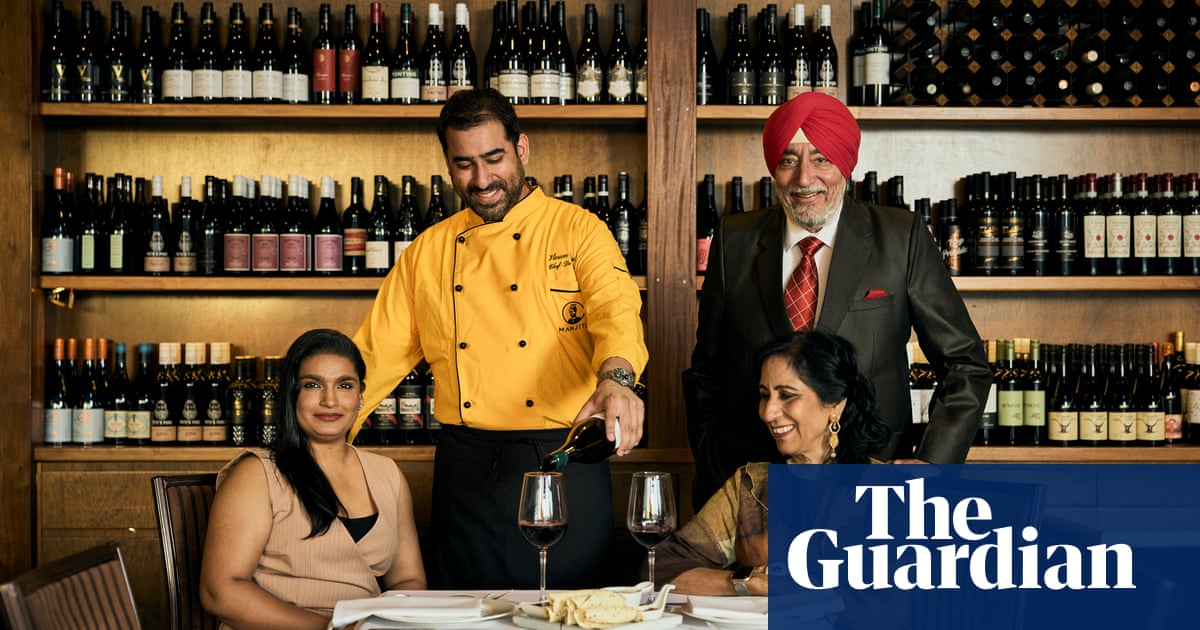The three largest democracies in the history of the world will soon be ruled by intolerant authoritarians who leveraged celebrity and social media dynamics to achieve power.
In 2024, India re-elected Hindu nationalist Narendra Modi as prime minister for the third time. The United States has elected Donald Trump as president for the second, non-consecutive time. And in October, Indonesia elected as president the millionaire Prabowo Subianto, a former special-forces commander who was once married to a daughter of late dictator Suharto.
The 2020s are half over. The 21st century is a quarter complete. So it’s the right moment to consider this century as one during which so much of what we assumed was given, solid and established by the end of the 20th century has cracked and crumbled. We spend a lot of time dissecting the possible causes of one electoral result or another. But we don’t spend enough time pondering the longterm slide in the potential of a decent future for our species, one that respects human rights and allows for openness and deliberation about choices and policies.
We are used to hearing stirring defenses of “democracy” from those who oppose corrupt or authoritarian forces. Joe Biden made defense of democracy a central theme of his time in office. So what do we make of the fact that the very structures and processes of democracy have so often yielded victories to those who would dismantle so many of the institutions and norms on which democracy rests?
We should not respond to the popularity and electoral ascension of Modi, Trump, or Prabowo – or for that matter Ferdinand Marcos Jr in the Philippines, Recep Tayyip Erdoğan in Turkey, Viktor Orbán in Hungary, Javier Milei of Argentina, or Giorgia Meloni in Italy – as anti-democracy phenomena.
More accurately, these electoral events are rejections of liberal democracy, not democracy in general. Voters across the globe are using democracy to turn against the values of tolerance, justice, fairness, openness, science and the rule of law.
Liberal values never had deep roots anywhere in the world, even in places like North America and western Europe where one might assume they had because of post-second world war pronouncements by the center-left and center-right forces that took turns running both regions until just this decade. Liberalism has been applauded, but it was never secured or adequately defended by its supporters or beneficiaries. By the turn of the century, too many just assumed that liberalism, capitalism and democracy were all that was left.
As a planet we have not come to terms with the consequences of three catastrophic moments of the 21st century that combined to shake the foundations of all we had once believed was solid: the Islamist terrorist attacks on the United States, the United Kingdom, France and Spain between 2001 and 2015 and the subsequent brutal invasions and crackdowns on Muslim countries and people, shook many out of what little tolerance they had for religious difference; the global economic collapse of 2008 to 2010, which wiped out trillions of dollars of wealth from middle classes around the world and dislocated millions from homes and jobs has left a deep bruise in faith in the future and caused real pain to families; the Covid pandemic that killed 10 million people between 2020 and 2022 and has never ceased its deadly spread, left us unable to comprehend such grief or heal from the social and economic disruption the lockdowns caused.
Is it any wonder that after those three global traumas so many in every part of the world have lost faith in the tenets and promises of liberalism and its various applications, including globalization, financialization and equality?
Those of us who do value the dignity and lives of those different from ourselves, who hold out hope for a decent future free of corruption and power imbalances and who wish for a better and more stable standard of living for the great majority of people instead of the wealthy few should occasionally step back from the urgent work of winning the next election here or there. We should realize that the malignancy we must fight is not a party or even a collection of parties.
We must recognize the erosion of faith in the possibility of a shared human future. We must promote the sense of collective fate. We all breathe the same atmosphere, drink the same water and suffer from the warming of the planet. That consciousness takes work to promote and maintain. That will take a cultural movement, a spiritual movement. Arguments and policy papers will not get our faith back. You can’t fact-check your way out of fascism.
On 20 January, as we either watch or recoil as Trump once again assumes power in the wealthiest and most powerful nation in the world, we should think deeply about all we have lost this decade and this century, and not just over the previous 12 months. As citizens of democracies we have allowed for this erosion of liberal democracy by taking it for granted. We no longer have that luxury.
-
Siva Vaidhyanathan is a professor of media studies at the University of Virginia and the author of Antisocial Media: How Facebook Disconnects Us and Undermines Democracy.

 3 months ago
62
3 months ago
62













































